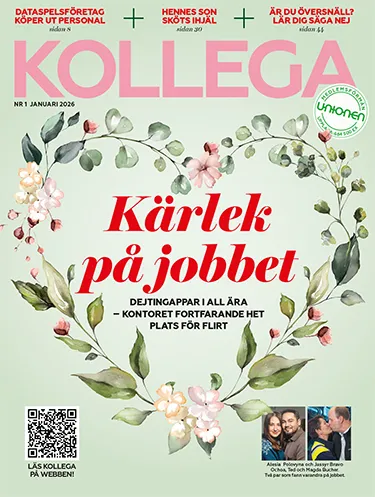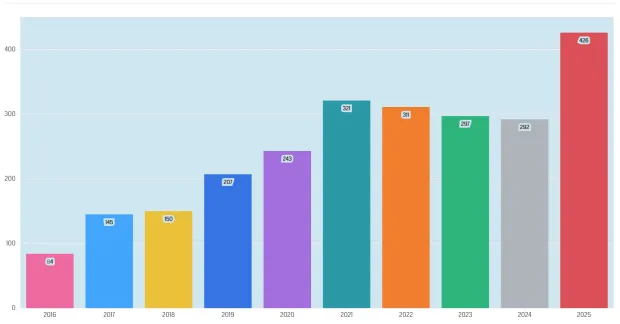
Tro det eller ej – kaffe på jobbet är ingen självklar anställningsförmån. På vissa arbetsplatser får de anställda betala sitt kaffe om de vill ha något. Å andra sidan lär det finnas arbetsplatser som har en barista anställd för att göra små hjärtan i de anställdas lattemuggar. Majoriteten av oss koffeinister på större arbetsplatser har dock tillgång till maskiner med den mörka, varma vätska som ibland oförtjänt kallas kaffe.
Att kaffet är viktigt för majoriteten av oss anställda, visar en ny Sifoundersökning, initierad av den troligtvis partiske kaffeleverantören Beans in a cup. Undersökningen slår fast att Sverige har en topplacering på listan över kaffesörplande länder i världen och att merparten av vår kaffekonsumtion sker på jobbet.
2,2 koppar kaffe nödvändigt för välmående
Tre av fyra kaffedrickare anser att gott kaffe på jobbet ökar arbetsglädjen och ännu fler menar att det skulle gå åt pipsvängen om arbetsgivaren plötsligt fick för sig att dra in kaffet som förmån. De skulle känna sig mindre uppskattade och befarar att det skulle bli svårt jobbigt att vara utan. Drygt en tiondel menar att det inte skulle funka överhuvudtaget med kaffestopp, de behöver sina i 2,2 kaffekoppar per arbetsdag.
Nu kommer förhoppningsvis inte arbetsgivaren dra in på kaffet – chefer är nämligen den yrkeskategori som är mest beroende av sin koffeinfix, enligt undersökningen. Fyra av fem chefer behöver kaffet för att vara effektiva och närmare var fjärde chef blir irriterad när kaffeabstinensen sätter in.
Kaffe smakar bättre bälgat
Kaffet ska för övrigt aldrig smuttas utan bälgas, enligt tidigare forskning vid universitetet i Neapel. Klunkas kaffet frigörs mer arom och kaffet smakar bättre. Men nu dricker vi inte kaffe främst för smakens skull, utan för att få i oss koffeinet, hävdar forskare vid det amerikanska universitetet Northwestern, som försökte hitta förklaringen till våra dryckespreferenser.
Enligt en annan amerikansk studie så kan kaffetåren dessutom rädda liv – män som dricker mellan två och sex koppar (obs - troligtvis blaskigt amerikanskt kaffe) löper 10 procent mindre risk att avlida än tesörplande kollegor. För kvinnor är dödsrisken 14 procent lägre.













